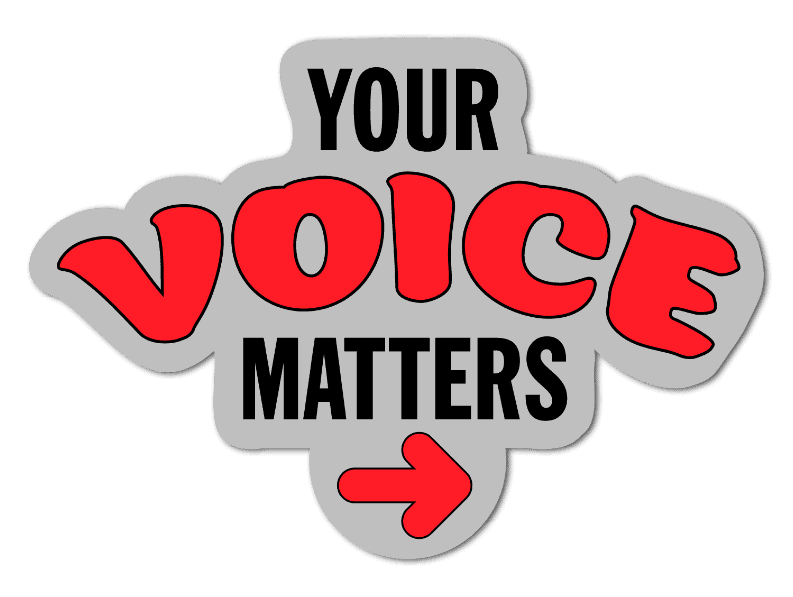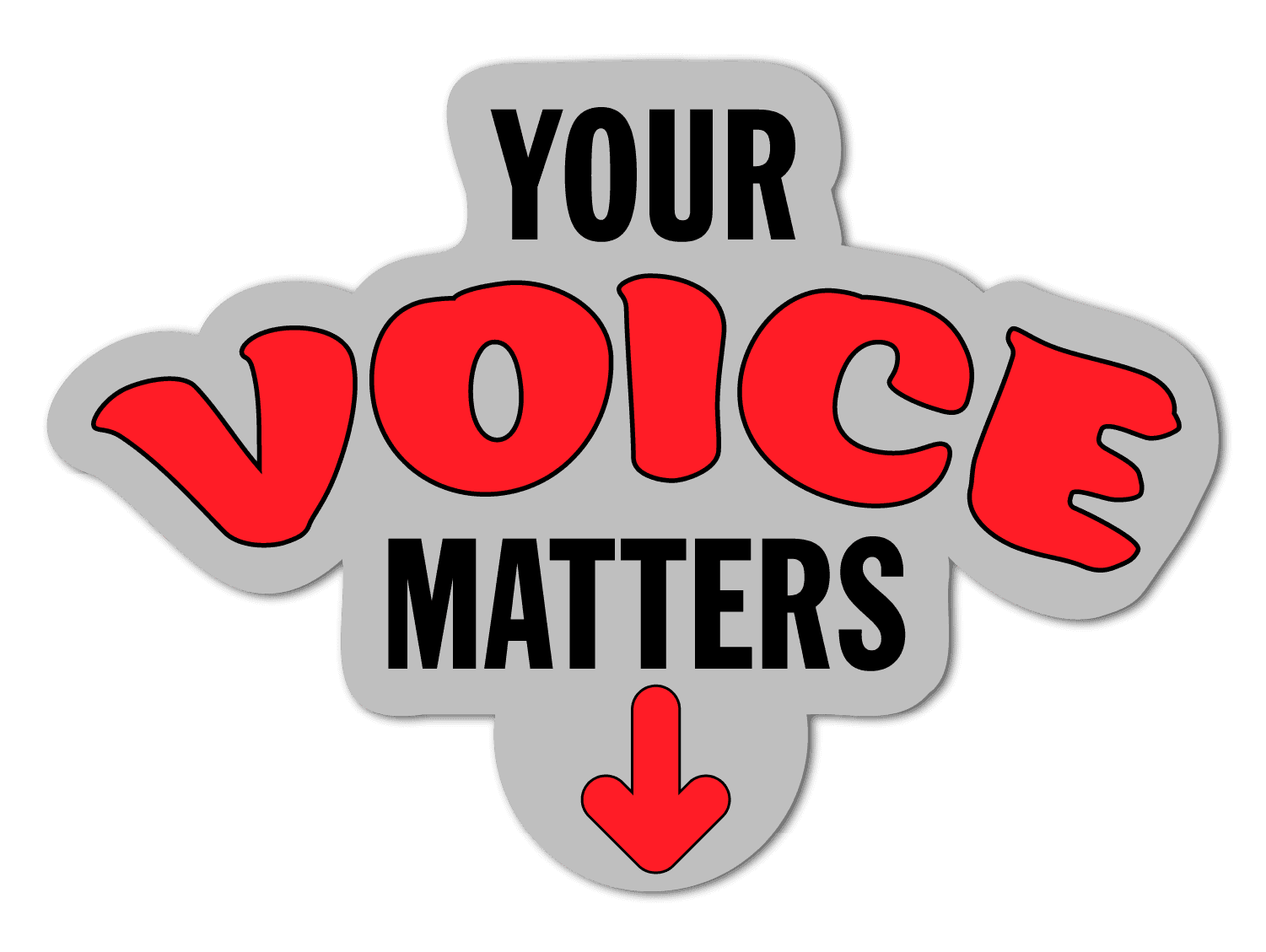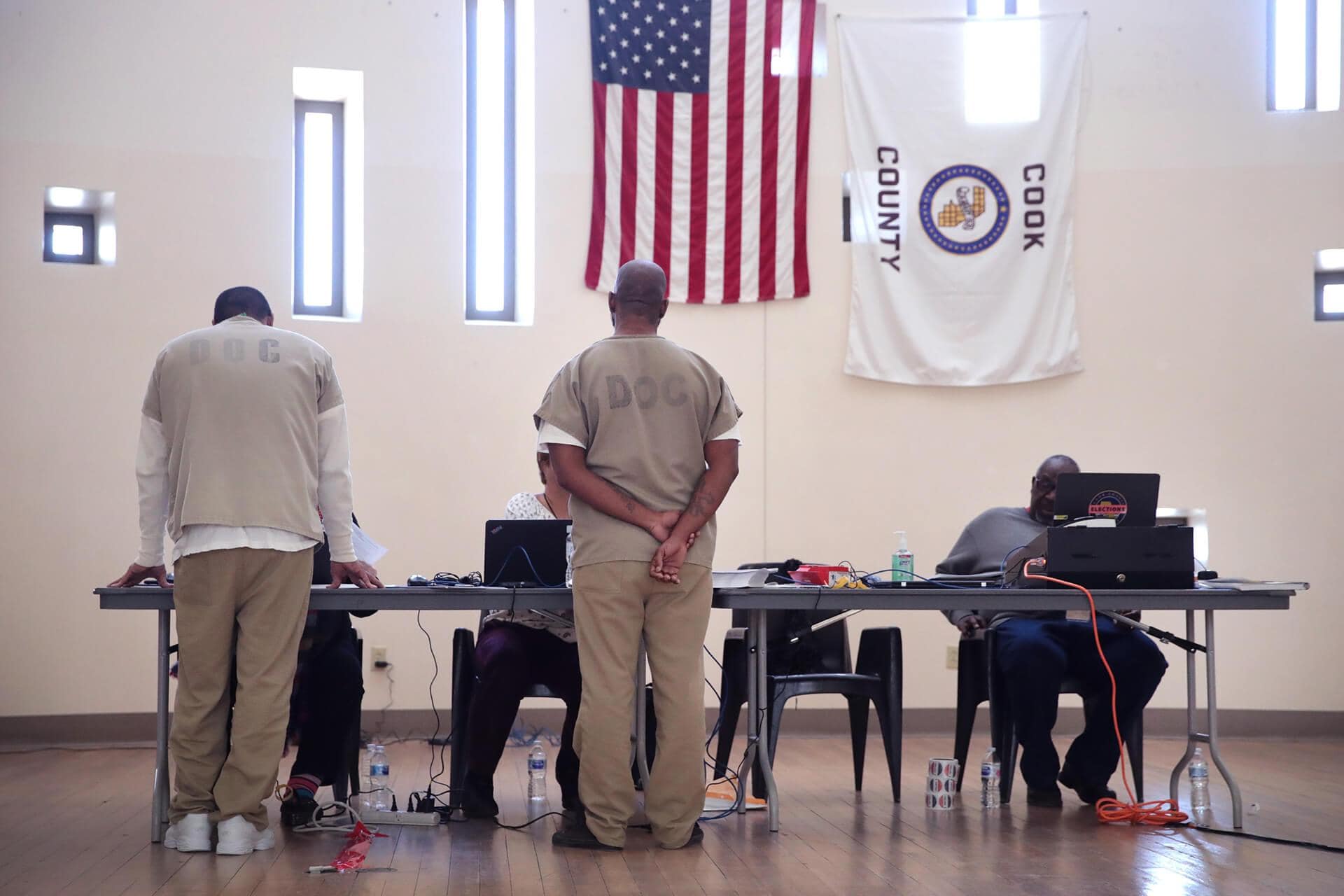We make contacting your lawmaker easier than ordering a pizza. Just click the phone or mail option and get started.
Now is the time to tell your story, and remind lawmakers that they work for you!
Add your own words to make it personal.
If you or anyone you know has been convicted of a felony or spent time in jail, you probably know that access to voting is one of the many challenges of our criminal justice system.
State laws about this are changing fast. It’s so important that elected officials hear from all of us while making crucial decisions on everything from when your voting rights are restored after a felony to if you are allowed to request an absentee ballot in jail.



We make contacting your lawmaker easier than ordering a pizza. Just click the phone or mail option and get started.
Now is the time to tell your story, and remind lawmakers that they work for you!
Add your own words to make it personal.

Losing the right to vote because of a felony
An estimated 4.6 million Americans in 48 states have lost their voting rights because of felony convictions – that’s more than the population of Los Angeles. Black and Brown voters are much more likely to lose voting rights due to felony convictions.
The good news is that the number of people who are not eligible to vote because of a felony conviction has actually decreased by 24% since 2016. In that time, state legislation and ballot initiatives have restored voting rights to people who have been convicted of a felony and adjusted the amount of time served for certain convictions. That’s right – when you show up to vote, you can make real change.
Access to voting while in jail
In 2020, there were nearly 750,000 eligible voters in jail. But a vast majority of people in jail do not vote because there are significant barriers to voter registration, polling sites, mail-in ballot requests and even the ability to access postage. Funding, decision makers and policy to make sure citizens in jail can exercise their right to vote vary greatly from county to county and state to state.
Data shows us that the impact being in jail has on your voting rights varies greatly on your economic status, race, gender and sexuality.
State legislation, local policy and funding greatly impacts access to voting in jail. There are success stories and solutions to support jail voting – just look at Cook County, Illinois where state laws to support jail voting led to record turnout for the state primary in 2022.
If you’ve been impacted by the criminal justice system and need support in voting, or just want to learn more, check out these organizations: